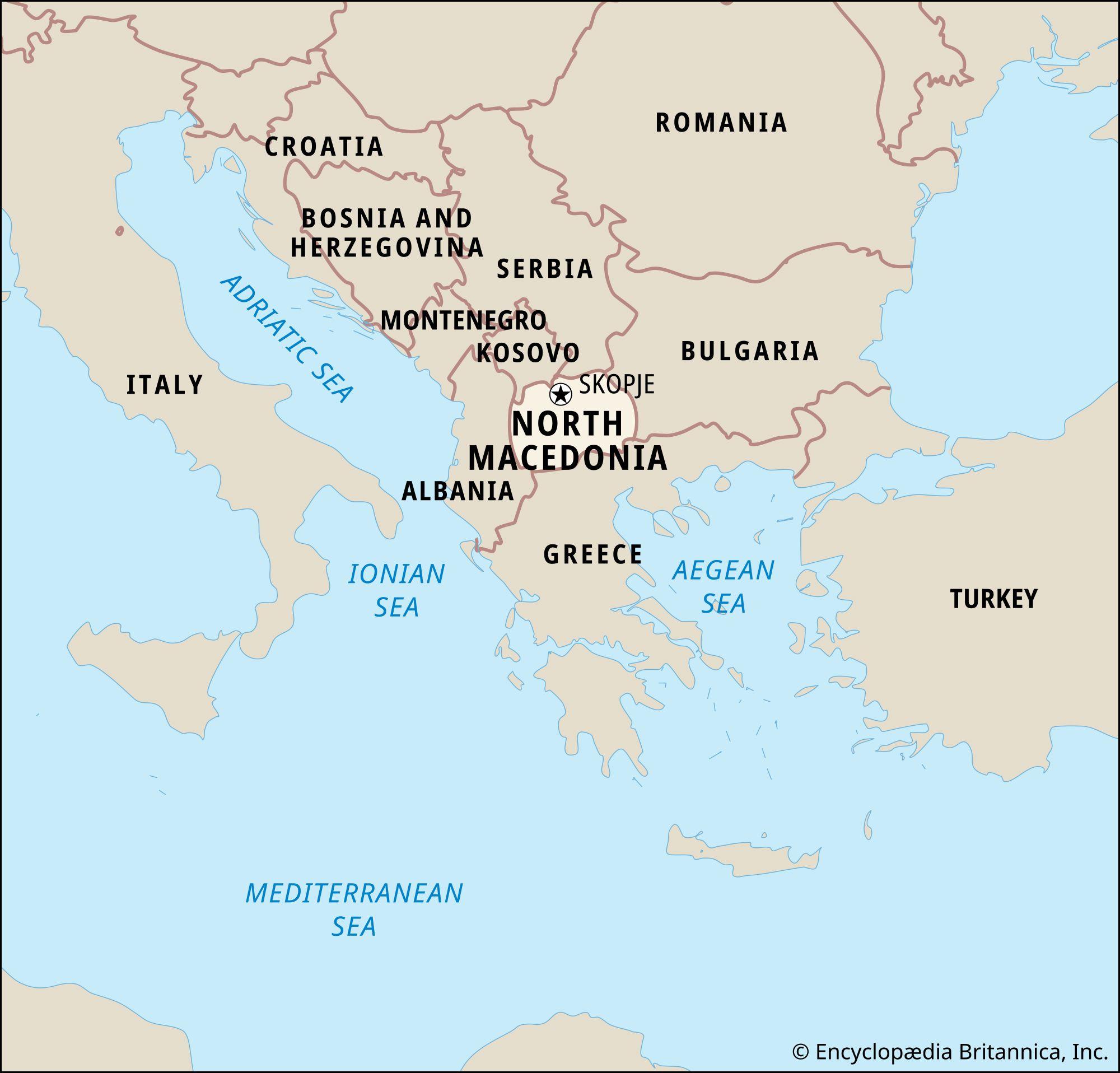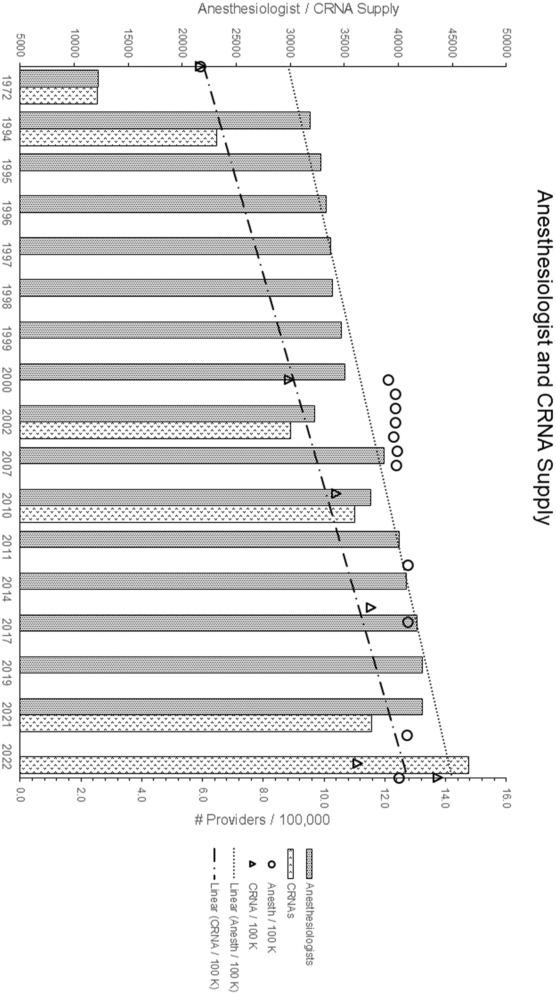Introduction
In a pressing healthcare crisis, North Macedonia faces a significant shortage of anesthesiologists, with approximately 100 positions remaining unfilled across the nation‚Äôs medical facilities.This alarming gap not only jeopardizes the quality of surgical care but also highlights broader systemic issues within the country’s healthcare system. According to a recent report by KosovaPress, the repercussions of this deficit resonate through the operating rooms, impacting patient safety and the efficiency of surgical procedures. As the demand for medical services continues to rise, stakeholders are calling for urgent measures to address this critical scarcity and to ensure the well-being of patients requiring anesthesia care. This article explores the underlying causes of the shortage, its implications for healthcare delivery, and potential strategies for resolving the issue.
North Macedonia Faces Significant shortage of Anesthesiologists
A critical gap in the healthcare system of North Macedonia has been exposed, notably in the field of anesthesiology. Presently, the country is short approximately 100 anesthesiologists, a deficit that poses significant risks to patient care and surgical outcomes. This shortage has been attributed to various factors, including an aging workforce, limited training opportunities, and the migration of medical professionals in search of better prospects abroad. Hospitals across the nation are now facing increased pressure to manage surgical procedures, often leading to delayed surgeries and compromised patient safety.
The impact of this shortage extends beyond operational challenges, affecting the overall quality of healthcare services. Key concerns include:
- Increased Wait Times: Patients may experience significant delays for elective surgeries.
- Operational Overload: Existing anesthesiologists are stretched thin, raising concerns about burnout.
- Quality of Care: Potential risks to patient safety due to inadequate supervision in high-pressure situations.
Addressing this crisis will require a multifaceted approach, including initiatives aimed at recruiting and retaining anesthesiology professionals, expanding educational programs, and enhancing incentives for young doctors. Without immediate intervention, the healthcare system in North Macedonia risks facing even more profound implications for patient care.

Impact of Anesthesiologist Shortage on Healthcare Services
The shortage of anesthesiologists in North Macedonia, estimated at around 100 professionals, poses significant challenges to the healthcare system.This decline not only jeopardizes the quality of surgical care but also impacts a wide range of medical services that rely on anesthesiology. Hospitals face increased patient wait times for elective surgeries, which could lead to declining health outcomes for individuals with conditions requiring timely intervention. The shortage exacerbates the existing pressure on healthcare facilities, making it difficult to maintain optimal staffing levels and ensure patient safety during surgical procedures.
Furthermore, the scarcity of anesthesiologists contributes to a backlog in training programs and an increase in work-related stress for existing staff.The following factors illustrate the broader implications of this critical shortage:
- Increased patient wait times: Delays in scheduling surgeries can compromise timely treatment for serious conditions.
- Overburdened staff: Current anesthesiologists may face extended hours and increased workloads, which can lead to burnout.
- Compromised patient safety: Reduced availability of specialists may affect monitoring and postoperative care.
To understand the situation better, the following table outlines some of the consequences associated with the shortage:
| Impact | Description |
|---|---|
| Elective Surgery Delays | Patients wait longer for necessary procedures. |
| Increased Stress | Anesthesiologists experience higher workloads and stress levels. |
| Higher Risks During Surgeries | Potential for oversight and complications in patient care. |
![]()
Analyzing the Causes Behind the Critical Workforce Deficit
The alarming shortage of anesthesiologists in North Macedonia is a multifaceted issue, hinged on various interrelated causes. one significant factor is the migration of healthcare professionals, primarily driven by better opportunities abroad. Manny trained anesthesiologists leave in search of favorable working conditions and competitive salaries, creating a vacuum in local healthcare systems. Additionally, there is a notable insufficient training capacity for new anesthesiologists, as the number of available residency positions does not meet the demand, leading to further exacerbation of the deficit.
Moreover, the ongoing economic challenges in the region contribute to this critical workforce deficit. Budget constraints within the healthcare sector impede the ability to attract and retain specialized medical personnel. Factors such as workplace conditions, professional burnout, and low job satisfaction also play pivotal roles, dissuading potential candidates from pursuing this vital specialty. To effectively address these issues, a holistic approach is required, which may include improving financial incentives, enhancing training programs, and establishing a supportive work environment.

Recommendations for Addressing the Anesthesiologist Gap
To effectively address the shortage of anesthesiologists in North Macedonia, a multi-faceted approach is essential. Frist, enhancing medical education and training programs can equip more healthcare professionals with the specialization needed in anesthesiology. This could involve:
- Increased funding for medical education.
- partnerships with universities to expand residency programs.
- Scholarships for students pursuing careers in anesthesiology.
In parallel,incentives for retention and recruitment of anesthesiologists should be prioritized. This could include:
- Competitive salary structures to match regional standards.
- flexible work hours to improve work-life balance.
- Continuing education opportunities to enhance professional development.
Moreover, establishing an attractive work environment within healthcare settings can significantly enhance job satisfaction, which is critical in retaining skilled anesthesiologists. A collaborative culture that encourages input and innovation can greatly contribute to this effort.

Collaborative efforts needed to Retain and Train Medical professionals
The shortage of anesthesiologists in North macedonia highlights a critical need for collaborative initiatives aimed at both retaining existing medical professionals and training new ones. Addressing this gap requires the involvement of various stakeholders, including government bodies, medical institutions, and international organizations. Collaborative efforts can facilitate the sharing of resources and knowledge, perhaps leading to the development of comprehensive training programs tailored to the unique demands of anesthesiology.Key strategies could include:
- Enhanced training Programs: establish partnerships with medical schools and hospitals to create specialized courses for anesthesiology.
- Incentives for Practicing Professionals: Offer competitive salaries and benefits to encourage anesthesiologists to remain in the country.
- International Collaborations: Engage with foreign medical institutions to promote exchange programs that can elevate the knowledge and skills of local practitioners.
Furthermore, data-driven strategies are essential in identifying areas with the most significant shortages and focusing efforts on those regions. Implementing mentorship programs where experienced anesthesiologists guide newcomers can also bridge the gap in proficiency and confidence. by fostering a supportive environment, the healthcare landscape in North Macedonia can not only attract but also retain the skilled professionals required to meet the demands of an evolving medical practice. A focused approach could involve:
| Initiative | Potential Impact |
|---|---|
| Residency expansion | Increase the number of trained anesthesiologists in the workforce. |
| financial Support for Students | Encourage medical graduates to pursue careers in anesthesiology. |
| Continuing Education | Keep practitioners updated with the latest advancements in the field. |

the Path Forward: Ensuring Quality Anesthesia Care in North Macedonia
The significant shortfall of anesthesiologists in North Macedonia poses a critical challenge to the healthcare system, requiring immediate attention from policymakers and healthcare leaders. To navigate this pressing issue, a multifaceted approach is imperative. This strategy could include:
- Increased Investment in Medical Education: Expanding residency programs and scholarships to attract medical students toward anesthesiology.
- attracting Diaspora Professionals: Implementing incentives for Macedonian anesthesiologists working abroad to return home, thereby enriching local expertise.
- Collaboration with International Institutions: Partnering with global healthcare organizations to establish training workshops and exchange programs.
Furthermore, the sustainability of quality anesthesia care hinges on the support structures around these professionals. Addressing the existing demands and patient safety concerns should involve:
- Improving Working Conditions: Ensuring that anesthesiologists have access to the necessary resources and support to perform their duties effectively.
- Establishing Clear Protocols and Guidelines: Creating standardized procedures that enhance consistency in patient care and outcomes.
- Utilizing Technology: Integrating advanced monitoring equipment and telemedicine resources to extend care capabilities, especially in remote regions.
To Conclude
the shortage of approximately 100 anesthesiologists in North Macedonia presents a significant challenge for the country’s healthcare system. this gap not only raises concerns about the quality of patient care but also highlights the urgent need for strategic workforce planning and investment in medical education. as healthcare demands continue to grow, addressing workforce shortages will be critical in ensuring that citizens receive the necessary medical attention and services.Policymakers, educational institutions, and healthcare providers must collaborate to develop effective solutions that not only attract and retain anesthesiologists but also improve the overall healthcare landscape in North Macedonia. The time to act is now, as the health and well-being of the population depend on it.
















